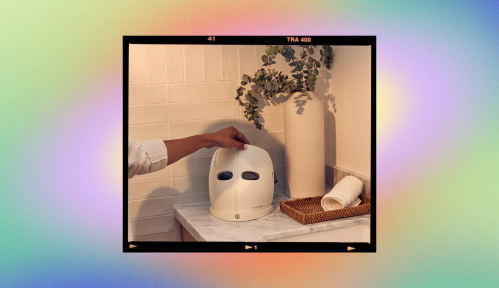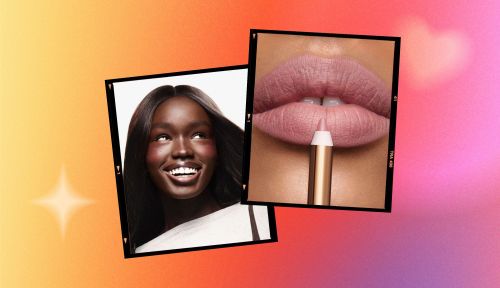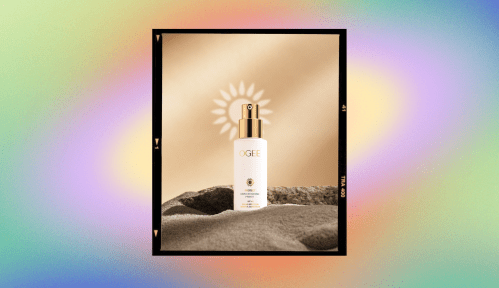Our editors independently select these products. Making a purchase through our links may earn Well+Good a commission
Bad Skin-Care Hacks: Popular Natural and DIY Beauty Tricks To Avoid at All Costs, According to a Derm
According to dermatologist Muneeb Shah, DO, there are plenty of tricks on social media that you shouldn't repeat in your own bathroom.
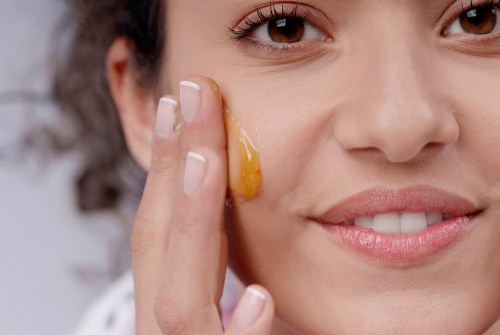
While we all love a good beauty hack, there are some popular skin-care hacks that really shouldn’t be so popular. According to dermatologist Muneeb Shah, DO (AKA @dermdoctor), there are a lot of tricks you see on social media that don’t deserve to be repeated in our own bathrooms. Natural beauty is all the rage right now, but natural isn’t always better, say Dr. Shah and Candace Marino, a celebrity facialist based in Beverly Hills. Ahead, the 10 natural skin-care “hacks” they say need to be put to bed—plus what you should be doing instead.
Experts in This Article
medical esthetician at The LA Facialist
board-certified dermatologist based in North Carolina.
What is the worst skin care advice for your face?
Marino says one of the worst pieces of skin care advice you often find on social media is to use products on the skin that are not designed for that purpose. Here’s why: “When you DIY your skincare, you open yourself up to allergic reactions, rebound effects, exacerbating the issue at hand, stripping the skin, destroying the skin barrier, creating microtears, congestion, and breakouts,” she says. And when there are thousands of high-quality and effective skincare products on the market that are tested and safe to use on the skin, she says it just doesn’t make sense to put random household items like glue on your skin.
For this reason, Marino stresses the importance of only taking skin advice from actual skin care professionals such as dermatologists and estheticians. “While TikTok skin trends look fun and interesting, we need to start respecting our skin as our body‘s largest organ,” she says. “Our skin is a reflection of our overall health and should be treated as a long-term investment not a fad. Quick, cheap and trendy aren’t it when it comes to skin, health and longevity, so all of these hacks and trends are gonna be a hard no for me.”
Bad Skin Care Hacks Experts Recommend Avoiding, and What To Do Instead
Don’t: Use honey for acne
Do: Use Benzoyl Peroxide
Honey does have antibacterial properties—it’s called liquid gold for a reason!—but its effects are limited, and you can get more done with less work. Instead, try his recommendation: benzoyl peroxide. While honey may help heal skin wounds, benzoyl peroxide has been clinically proven to be an effective first-line treatment for acne. Perhaps save the honey for your tea?
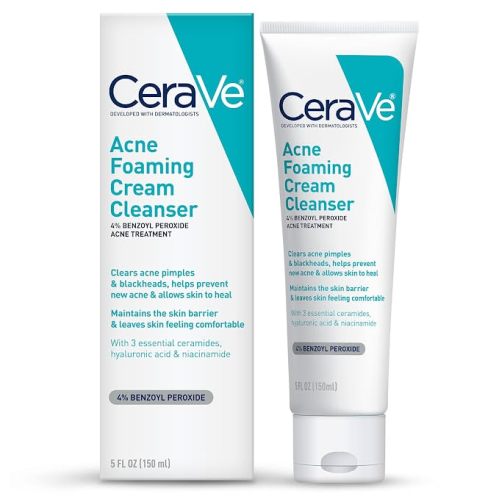
CeraVe Acne Foaming Cream Cleanser with Benzoyl Peroxide — $13.00
Don’t: Use lemon juice for dark spots
Do: Use tretinoin, hydroquinone, and azelaic acid
Vitamin C serum is often used for dark spots, so vitamin C-rich lemon juice should work in its stead, right…? Not so much. Dr. Shah says to avoid this citrusy solution, as it can be a massive irritant to your beautiful face. Instead of making skin-care lemonade out of life’s lemons, try his recommendations: tretinoin, hydroquinone, azelaic acid.
Tretinoin is a prescription-strength retinoid that can promote cellular turnover, thus helping to brighten the skin by inhibiting melanin production. Hydroquinone is another prescription product that bleaches the skin. And azelaic acid—which you don’t need a ‘script for—is a gentle acid that can help lighten hyperpigmentation caused by acne.
Don’t: Use tape for wrinkles
Do: Use tretinoin and SPF
So, tape can limit facial movement (sounding a bit like Botox, here!), but like with honey, Dr. Shah says that using it to smooth out your wrinkles has limited efficacy. His swap: the “much more effective” tretinoin (yet another time to use retinol), and the ultimate dermatology solution: sunscreen. Studies over time have shown that SPF has the power to slow down aging, and could even reverse signs of aging. Apply it daily and you’ll be able to stave off wrinkles over time, which means you won’t even need to think about using tape on your face in the long run.
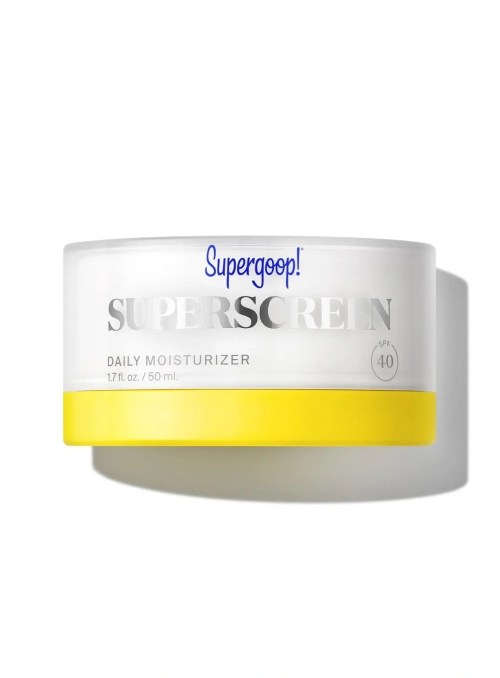
Supergoop Superscreen Daily Moisturizer SPF 40 — $42.00
Don’t: Use deodorant on the face
Do: Use a face primer
Not only is this kind of gross (deodorant is for your armpit, not your face), but Marino says applying deodorant on the face will occlude the skin with all the fragrance and ingredients it contains. Instead, opt for an actual face primer designed to be used on the skin.
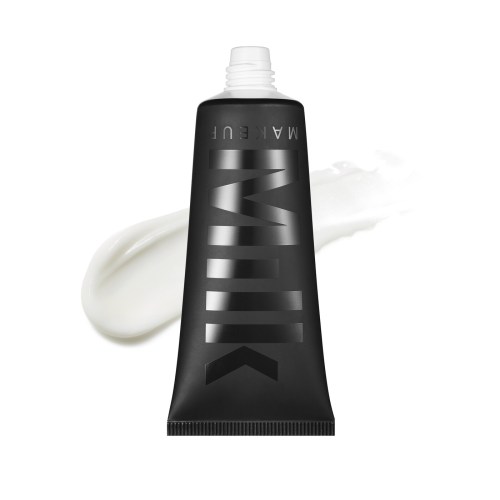
Milk Makeup Pore Eclipse Mattifying + Blurring Makeup Primer — $36.00
Don’t: Use rubbing alcohol as toner
Do: Reach for an actual face toner
Using rubbing alcohol (the kind you buy at the drugstore and use to disinfect cuts and scrapes) as a toner on the skin is another skin care hack popping up online. Marino strongly advises against this. “Alcohol will strip the skin, drying it out,” she says. The better option? Use a skin toner that’s appropriate for your skin’s needs.
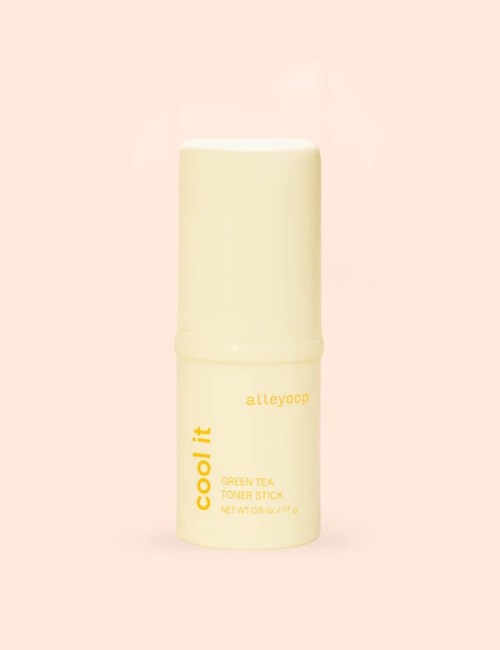
Alleyoop Cool It Green Tea Toner Stick — $18.00
Don’t: Use dental floss or glue to remove blackheads
Do: Get a facial
According to skin experts, extracting blackheads at home is not a big deal as long as you do it the right way such as with an at-home comedone extractor. Using household items like dental floss or glue is not advised. “Household items are not recommended for skin care because they are not manufactured for that purpose,” Marino says. “You wouldn’t drink glue to control a leaky gut, or duck tape a broken leg instead of going to the doctor.” That said, Marino notes the best route for removing blackheads is by getting a facial.
Don’t: Use toothpaste or diaper rash cream as a spot acne treatment
Do: Apply an acne sticker
Again, Marino stresses that household items are not meant to be used on the skin. So instead of dabbing toothpaste or diaper rash cream on a pimple, she recommends covering the spot with an acne sticker that absorbs the impurities in the skin. She’s a fan of the brand ZitSticka in particular.
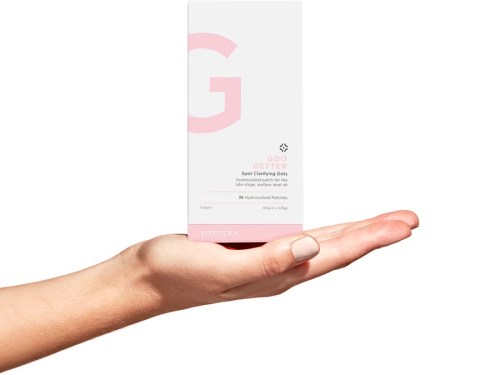
ZitSticka Goo Getter Acne Patches — $16.00
Don’t: Use sugar or salt as a facial exfoliant
Do: Use a store-bought exfoliant
Marino notes that you technically can DIY a sugar and salt scrub. However, she doesn’t advise it because they can be too abrasive and create microtears in the skin. “I’ve personally seen a client who burned themself and created hyperpigmentation from exfoliating with lemon juice and salt,” she says. Instead, she recommends using a store-bought exfoliator such as iS Clinical’s Cleansing Complex Polish. She says store-bought options are typically made with finer sized salt particles that are gentler on the skin and include other ingredients that buffer the effects of the exfoliating particle.
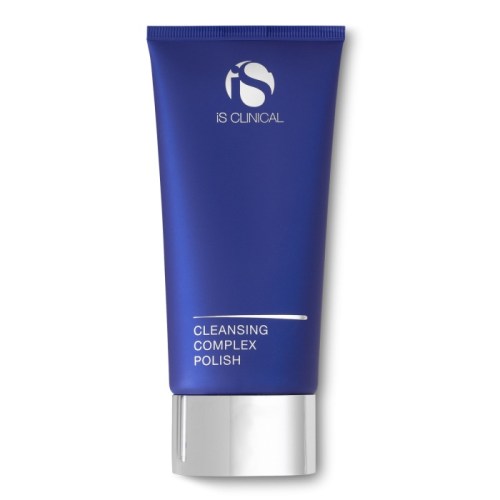
iS Clinical Cleansing Complex Polish — $48.00
Don’t: Use raw egg whites as a face mask
Do: Apply a face mask for your specific needs
Egg white face masks is another skin care hack Marino says is safe, but a much better option is investing in an actual face mask that is designed to nourish your skin’s specific needs. Plus, it’s less messy.
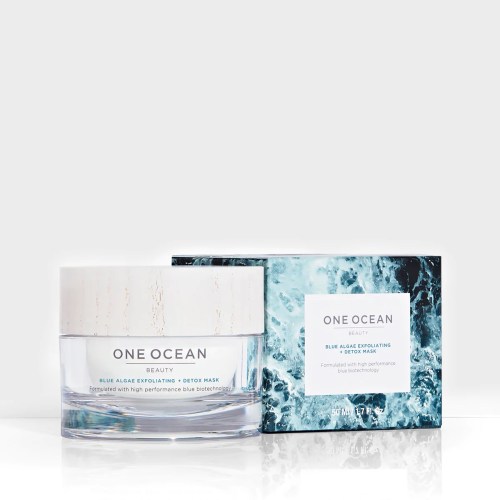
One Ocean Beauty Blue Algae Exfoliating + Detox Mask — $78.00
Don’t: Apply coconut oil or hairspray to the skin
Do: Use a moisturizer or makeup setting spray
Other bad skin care hacks you may have spotted swirling online include using coconut oil as a moisturizer or hairspray as a makeup setting spray. Marino advises not doing either of these things. Both can cause the skin to get congested and break out. As with the other hacks, it’s best to use products that are actually designed for those intended purposes. In this case, use a face moisturizer instead of coconut oil and a makeup setting spray instead of hairspray.
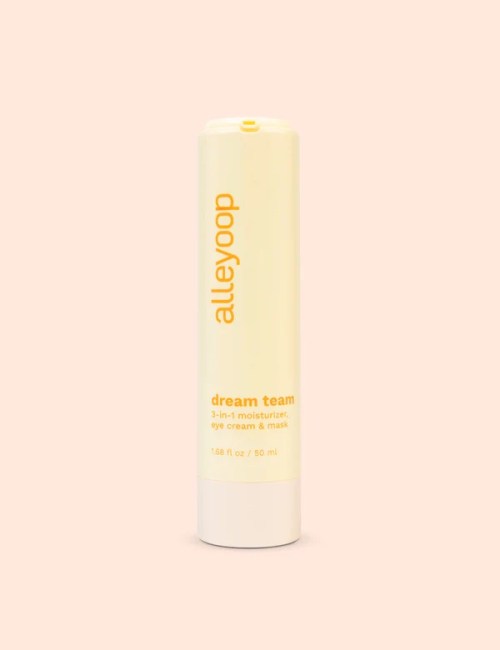
Alleyoop Dream Team 3-in-1 Moisturizer — $35.00
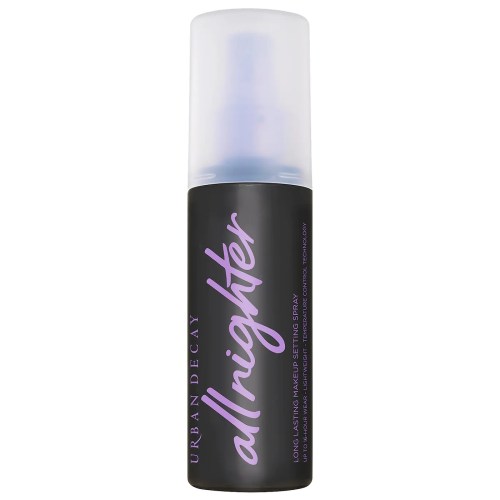
Urban Decay All Nighter Long-Lasting Makeup Setting Spray — $33.00
What are some good skin hacks?
So what “skin hacks” are actually expert-approved? Although not as sexy and hyped up as the trending tips you come across on social media, it really comes down to the basics: a consistent skincare routine. Marino emphasizes the importance of finding a skincare routine that’s appropriate for your skin (not your favorite beauty influencer) because everyone’s skin is different. This is why it’s important to consult with an expert. As a general rule of thumb, Marino says a good skincare routine includes washing your skin twice a day (morning and night), plus after a workout. And, don’t pop your pimples, even on clean skin. Instead, she recommends icing it, occluding it with a pimple patch, and leaving it alone.
Lifestyle also plays a role in the health of your skin, which is why Marino’s other top “skin hack” is to live a healthy lifestyle. Again, we’re going back to the basics here: exercising, drinking plenty of water, getting enough sleep each night, and eating well.
And while we’re on the topic of food, Marino adds that there are no foods that miraculously clear up skin. The goal is to eat a healthy, balanced diet, which is one of the key components to having healthy skin. In particular, though, skin-friendly foods she recommends incorporating into your diet include yellow and orange fruits and veggies, dark leafy greens, salmon, grass fed meats, blueberries, and cucumbers. And if you’re prone to breakouts, she advises cutting back on high glycemic index foods, refined sugar, and refined grains, and processed foods which can trigger or exacerbate acne.
TLDR; There’s no need to jump on the skincare hack trends you see online. In fact, skin experts advise against it. Instead, keep it simple and focus on a consistent skincare routine using products and ingredients that are designed to be used on the skin. No need to reinvent the wheel.
Sign up for the Well+Good SHOP Newsletter
Get exclusive deals on wellness, beauty, fitness, and food products that have been hand-picked by our editors.
Got it, you've been added to our email list.

